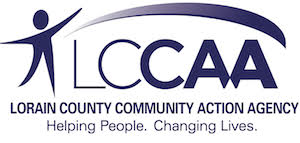
What You Should Know About RSV
posted 1/3/24 -- RSV can be dangerous for the very young and very old.Respiratory Syncytial Virus (RSV) is a viral infection of the respiratory tract. that seems like a cold. In addition to common cold symptoms, other symptoms may include fever, chills, headache, body aches or loss of appetite. RSV can last from two to five days.
Who Is At Risk
- Premature infants
- Young children with heart or lung disease
- Older adults who have chronic heart or lung disease
- Young children or older adults with weakened immune systems
RSV spreads very easily from person to person through
- Droplets in the air from a cough or sneeze.
- Direct contact with nose and mouth secretions.
- Contact with surfaces on which the virus is live and then touching mouth, nose or eyes before washing your hands.
Young children with the infection can spread the virus before they get symptoms and for days or weeks after getting sick. The most common time for spread is between October and May.
RSV can lead to other respiratory problems like bronchitis or pneumonia. It could cause wheezing or an attack in children with asthma.
Most children have had RSV by the time they are two years old.
How to Limit the Spread
- Stay home when you’re sick.
- Wash hands often with soap and water throughout the day.
- Clean, sanitize and disinfect surfaces regularly.
- Cover coughs and sneezes.
Vaccines against RSV are available for pregnant women and people 60 and older. The vaccine can help prevent and reduce the severity of the virus. The vaccine is a single dose. Talk to your doctor about whether the vaccine is right for you.
Treatment for RSV
There is no cure, but you can manage symptoms by:
- Clearing up congestion. Use saline to loosen nasal congestion and a bulb syringe if needed.
- Trying a cool mist humidifier or steam bath to loosen congestion.
- Relieving pain with acetaminophen or ibuprofen.
- Staying hydrated.
- Call your doctor right away if the person who has RSV develops difficulty breathing, becomes dehydrated or has pain in their ear, chest or sinuses.
